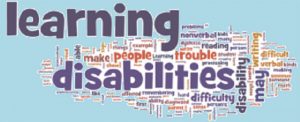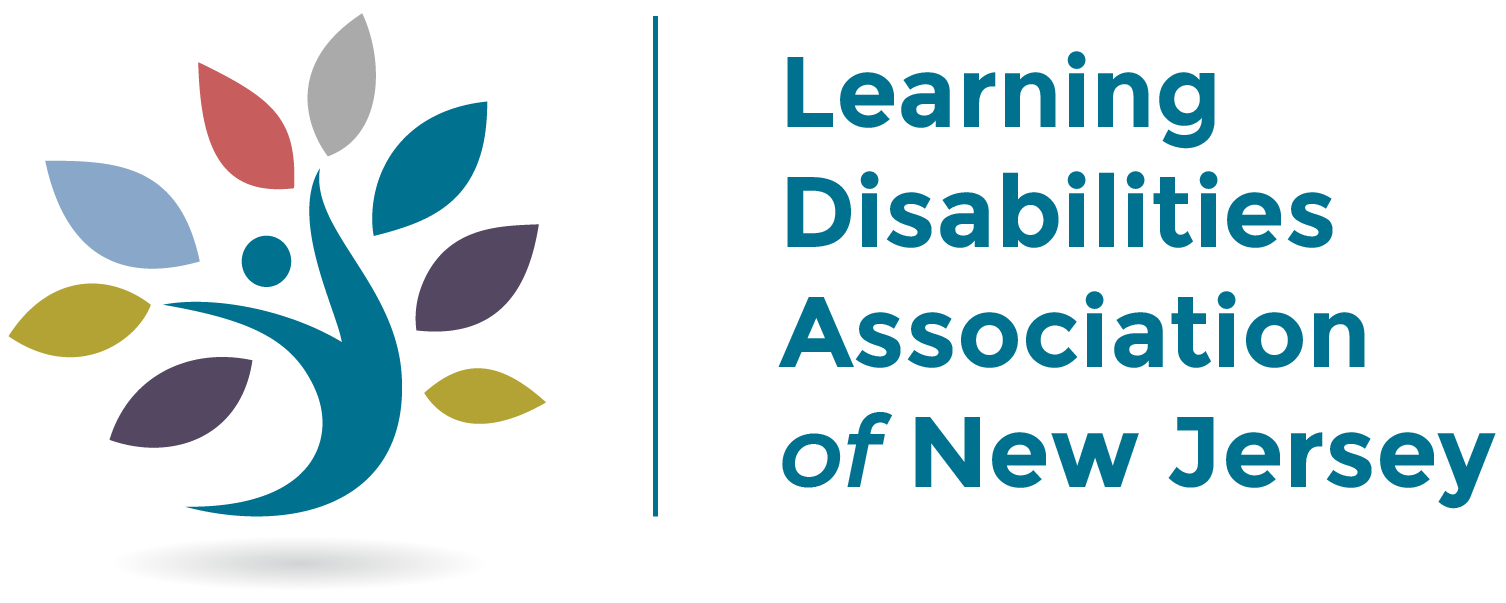The chances of knowing someone with a learning disability are good. Did you know?

Children begin school expecting to learn and be successful. If a teacher or parent observes that a child is having difficulty in school, this might indicate that they learn differently and may have a learning disability. Some individuals don’t realize they have learning disabilities until they are adults.
With the right support and interventions children and adults with learning disabilities can succeed in school and life. Recognition, acceptance, and understanding of the learning disability are the first steps to success.
LD may be challenging but doesn’t have to impact a person’s chances of success. Many famous people did not allow LD to define them. People with LD can be found in many professions; there are actors and entertainers, artists and architects, athletes, business leaders, community advocates and activists, doctors, political leaders and lawyers, musicians, scientists and technology experts, writers and media professionals, etc.
*National Center for Education Statistics
**National Adult Literacy and Learning Disabilities Center
***National Institutes of Health
Defining Learning Disabilities

A learning disability (LD) is a neurological condition that interferes with the way children and adults with average to above average intelligence receive, store, process, retrieve, or express information. Learning disabilities often run in families.
LD is defined by the federal government as “…disorders of listening, thinking, talking, reading, writing, spelling, or arithmetic.” There is often a gap between the individual’s potential and his or her actual achievement due to underlying weaknesses in the areas of attention, memory, visual or auditory processing, motor skills, and/or language. Difficulties with social skills and behavior may also be observed.
LD is sometimes called a “hidden disability”. LD can’t be seen just by looking at a person. This can lead to delay in a diagnosis. Recognizing a learning disability is even more difficult because the severity and characteristics vary. Lack of obvious signs can result in misunderstanding of the individual’s learning and/or achievement challenges by parents, relatives, spouses or partners, teachers, friends, employers, and the community.
LD can also be present (comorbid) with other diagnoses. While Attention Deficit Hyperactivity Disorder (ADHD) is often connected to LD, ADHD is a separate diagnosis. LD should also not be confused with other disabilities such as intellectual disabilities, autism, deafness, blindness, and behavioral disorders. None of these conditions are learning disabilities, but can interfere with a person’s performance at home, in school, and at work.
Symptoms of a Learning Disability
Specific Learning Disabilities
Auditory Processing Disorder
Affects how sound that travels unimpeded through the ear is processed & interpreted by the brain.
Dyscalculia
A specific learning disability that affects a person’s ability to understand numbers and learn math facts.
Dysgraphia
A specific learning disability that affects a person’s handwriting ability and fine motor skills.
Dyslexia
A specific learning disability that affects reading and related language-based processing skills.
Language Processing Disorder
A specific type of (APD) that affects attaching meaning to sound groups that form words, sentences and stories.
Non-Verbal Learning Disabilities
Has trouble interpreting nonverbal cues like facial expressions or body language and may have poor coordination.
Visual Perceptual/Visual Motor Deficit
A disorder that affects the understanding of information that a person sees, or the ability to draw or copy.
Related Disorders
ADHD
A disorder that includes difficulty staying focused and paying attention, controlling behavior and hyperactivity.
Dyspraxia
A disorder which causes problems with movement and coordination, language and speech.
Executive Functioning
Affects, planning, organization, strategizing, attention to details and managing time and space.
Memory
Affects storing and later retrieving information or getting information out.
Take Action
For Children:
Share your concerns with your child’s teacher and ask about classroom observations of your child’s performance, interactions with his peers, etc. Together you may come up with strategies to try in the classroom and at home to support your child’s learning needs.
Parents can help children with learning disabilities achieve success by encouraging their strengths, knowing their weaknesses, understanding the educational system, working with professionals and learning about strategies for dealing with specific difficulties. Most importantly, if you suspect that your child has a learning problem, don’t delay in seeking help and taking action!
Be sure your child has had a thorough physical examination by a medical doctor or nurse practitioner to check that no health issues exist that might interfere with learning. Also, have eyes and ears checked for correctable vision and hearing problems.
If you feel it may be necessary, your child’s teacher or the school principal can arrange a meeting with you and other school staff to discuss your child’s progress. If strategies have not been successful and a learning disability is suspected, a full evaluation can be requested to better understand what might be impacting school performance.
For Adults:
If you are an adult who has never been diagnosed or you need updated information, find a professional who does evaluations for learning disabilities. Having this information can help you get accommodations at work or at school, if needed. Contact LDANJ if you need a list of referrals. However, LDANJ does not recommend anyone.
